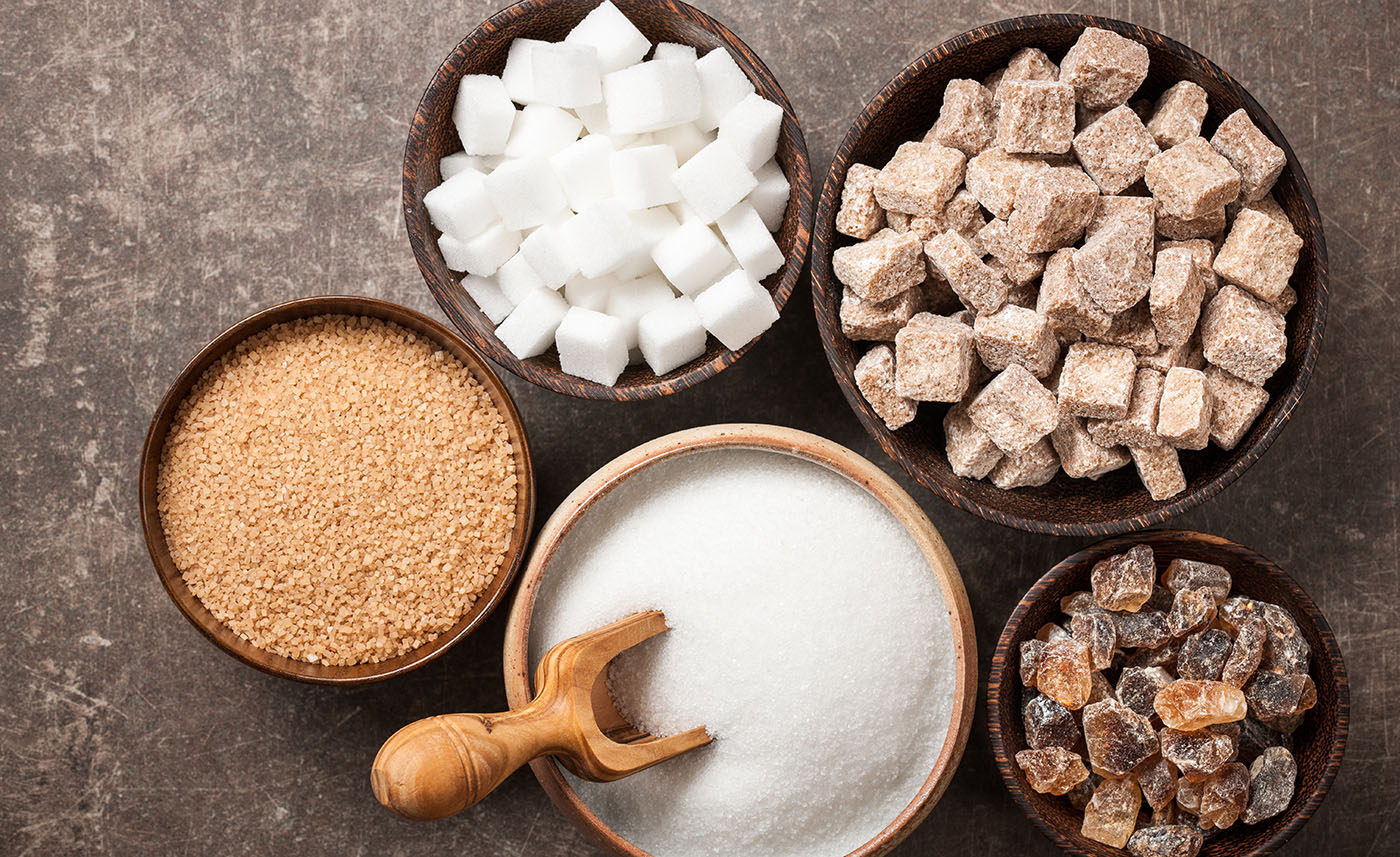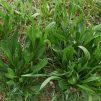
Sugar, a ubiquitous component of modern diets, not only affects weight and overall health but significantly influences skin health. For individuals dealing with skin conditions like acne or eczema, understanding the impact of sugar is crucial. The detrimental effects of sugar extend beyond its impact on one’s general health; it can profoundly influence skin conditions, leading to exacerbated symptoms and flare-ups.
The Relationship Between Sugar and Skin
Sugar consumption has far-reaching implications, not just for energy levels but for skin health as well. When it comes to skin conditions like acne and eczema, the impact of sugar is notably pronounced. The body’s response to increased sugar intake can trigger a cascade of events that directly affect skin health.
The ingestion of high-glycemic foods or foods with a high sugar content prompts the body to release insulin, leading to heightened sebum production. Excess sebum, combined with the inflammation caused by sugar, creates an environment conducive to acne development. For eczema, the spike in blood sugar levels can exacerbate inflammation and skin irritation, worsening the condition.
Understanding Acne and Eczema in Relation to Sugar
Acne and eczema are complex skin conditions influenced by various factors, and the role of sugar in their exacerbation is noteworthy.
For those with acne, increased sugar intake can trigger hormonal fluctuations leading to elevated sebum production. This excess sebum, combined with the body’s inflammatory response to sugar, can result in clogged pores and subsequent acne breakouts.
Eczema, characterized by skin inflammation and irritation, can also be affected by sugar intake. Higher blood sugar levels might intensify inflammatory responses, further aggravating eczema symptoms. The inflammatory effect of sugar on the immune system can heighten skin sensitivity, making it more prone to reactivity and irritation.
Impact of Sugar on Skin Health
The influence of sugar on skin health extends beyond mere sweetness; it directly affects skin conditions like acne and eczema. The mechanisms behind this impact are multi-faceted.
Increased Inflammation: Excessive sugar consumption triggers an inflammatory response in the body. For individuals with acne and eczema, this inflammation can manifest in skin flare-ups, redness, and irritation, exacerbating the existing conditions.
Heightened Sebum Production: One of sugar’s primary impacts is its role in elevating sebum production. The subsequent excess oil produced can clog pores, leading to acne breakouts and further complications for individuals dealing with these conditions.
Glycation Effects: Sugar can instigate glycation, a process where sugar molecules bind to proteins such as collagen and elastin, essential for skin elasticity. This binding results in the formation of advanced glycation end products (AGEs), contributing to premature skin aging and diminishing the skin’s natural resilience.
The amalgamation of increased inflammation, heightened sebum production, and glycation poses a significant challenge for individuals with acne and eczema, often aggravating these skin conditions.
Hidden Sugars and Diet
Navigating the realm of hidden sugars in our daily diet is pivotal for managing skin health, especially for those grappling with acne and eczema. While some sugars are easily identifiable, many lurk in unsuspecting foods, silently impacting skin conditions.
Unveiling the Culprits: Beyond the obvious sources like candies and sodas, hidden sugars often hide in seemingly healthy or savory foods. Condiments, salad dressings, flavored yogurts, and even seemingly healthy granola bars may contain added sugars, contributing to blood sugar spikes and skin issues.
Reading Labels: Understanding food labels is crucial. Terms like sucrose, high-fructose corn syrup, maltose, and dextrose are synonymous with added sugars. Learning to identify these terms empowers individuals to make informed dietary choices that positively impact their skin health.
The Impact on Skin: Hidden sugars contribute to increased inflammation, insulin spikes, and subsequent skin reactions. For individuals prone to acne and eczema, these hidden sugars can trigger or exacerbate skin conditions, leading to breakouts and flare-ups.
Managing Acne and Eczema with Dietary Changes
When it comes to managing acne and eczema, dietary modifications play a pivotal role. While not a standalone solution, adjusting one’s diet can significantly impact skin conditions, especially when it comes to managing acne and eczema.
Reducing Sugar Intake: Limiting high-glycemic foods and reducing added sugars in the diet can be a game-changer. By curbing the consumption of sugary snacks, processed foods, and sugary beverages, individuals can potentially lessen the frequency and severity of breakouts associated with acne and flare-ups linked to eczema.
Balanced Diet for Skin Health: Opting for a balanced diet rich in fruits, vegetables, lean proteins, and healthy fats can support skin health. Incorporating antioxidants, essential fatty acids, and vitamins present in a well-rounded diet aids in skin repair and resilience against skin conditions.
Identifying Trigger Foods: Every individual’s response to food can vary. Keeping a food diary can help identify specific triggers that worsen acne or eczema symptoms. Once these triggers are recognized, one can modify their diet to avoid these problematic foods, leading to improved skin health.
Lifestyle Tips for Improved Skin Health
In addition to dietary adjustments, lifestyle modifications play a crucial role in achieving healthier skin, particularly for those managing acne and eczema. Implementing these practices can significantly impact skin condition management.
Hydration: Adequate water intake is vital for skin health. Hydration supports skin elasticity and aids the body’s natural detoxification processes, potentially alleviating the severity of skin conditions.
Stress Reduction: Managing stress is essential as it can trigger or worsen skin conditions. Techniques like meditation, yoga, or engaging in hobbies can significantly impact stress levels, positively affecting skin health.
Appropriate Skincare Routine: Choosing the right skincare product, such as Nanorev’s eczema treatment cream, can be pivotal. Nanorev’s cream harnesses the natural healing properties of Siberian Ginseng, Arnica, Calendula, and Common Plantain Leaf. These ingredients are known for their anti-inflammatory and skin-soothing properties, potentially offering relief and effective management of skin conditions.
Quality Sleep: Prioritizing restful sleep is crucial for skin health. Quality sleep aids in reducing inflammation and supporting skin cell regeneration, contributing to better skin health.
Healthy Alternatives to Sugar
While reducing sugar intake is beneficial for managing skin conditions like acne and eczema, satisfying your sweet cravings doesn’t have to involve traditional refined sugars. Embracing healthier alternatives not only promotes better skin health but also offers a more balanced approach to sweetness.
Stevia Leaf Extract: A natural, calorie-free sweetener derived from the Stevia plant. It doesn’t spike blood sugar or insulin levels, making it a safe choice for those aiming to manage skin conditions and their overall health.
Monk Fruit or Monk Fruit Extract: This sweetener contains mogrosides, antioxidants that offer sweetness without calories or carbohydrates. It’s a great alternative for individuals seeking a sugar substitute.
Erythritol: A sugar alcohol that provides sweetness without affecting blood glucose or insulin levels. Additionally, it combats oxidative damage, making it a healthier option for those conscious of their skin health.
Xylitol: Derived from birch bark, xylitol contains 40% fewer calories than traditional sugar. It has a low glycemic impact and even aids in fighting cavities, offering a sweet choice without harming the skin.
Raw Honey: Packed with antioxidants and boasting anti-inflammatory benefits, raw honey can be used sparingly as a natural sweetener while being mindful of its calorie content.
Adopting these better sugar alternatives can help maintain a sweet tooth while promoting clearer skin and better overall health.
Conclusion
Understanding the intricate relationship between sugar and skin conditions like acne and eczema proves essential in the pursuit of healthier skin. The adverse effects of sugar on inflammation, sebum production, and skin sensitivities hold significant implications for those grappling with these conditions.
Being mindful of dietary choices and opting for healthier sugar alternatives allows individuals to significantly impact the severity and frequency of breakouts or flare-ups. Integrating lifestyle changes such as stress reduction, ensuring quality sleep, and following a customized skincare routine, coupled with products like Nanorev’s cream for acne and eczema, further aids in effectively managing these skin conditions.
Nanorev’s cream, infused with natural ingredients like Siberian Ginseng, Arnica, Calendula, and Common Plantain Leaf, presents a promising solution for soothing and managing acne and eczema symptoms. When combined with dietary changes and lifestyle adjustments, it forms a comprehensive approach to achieving clearer and healthier skin.
Embracing a holistic strategy that encompasses dietary modifications, lifestyle changes, and suitable skincare empowers individuals to take proactive steps towards healthier, clearer skin, fostering increased confidence and overall well-being.


